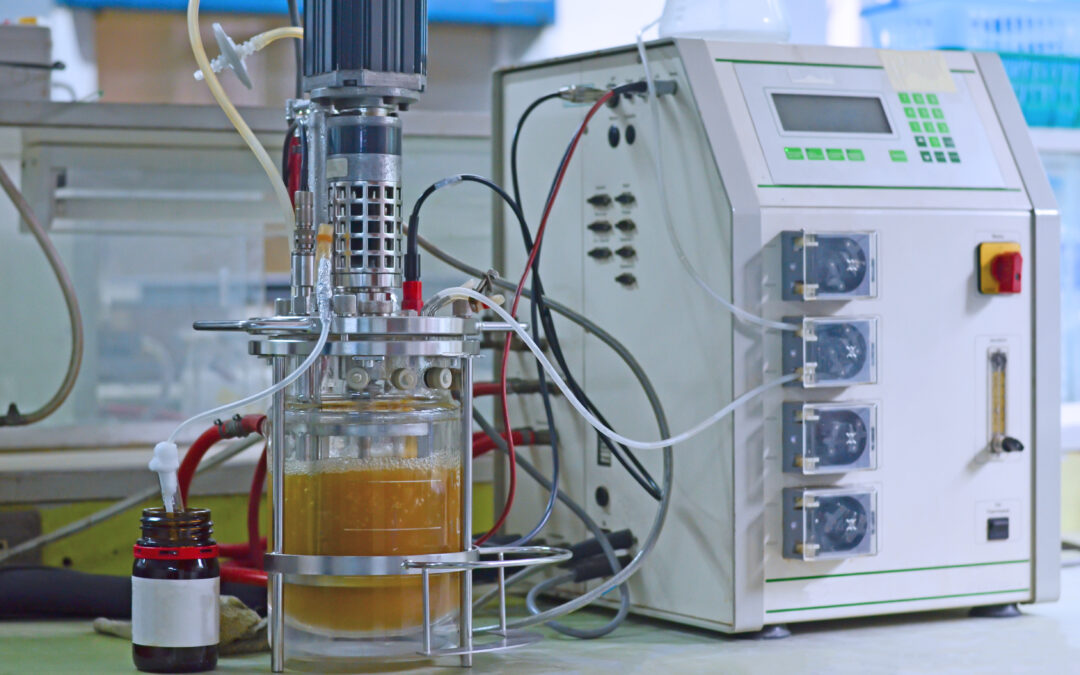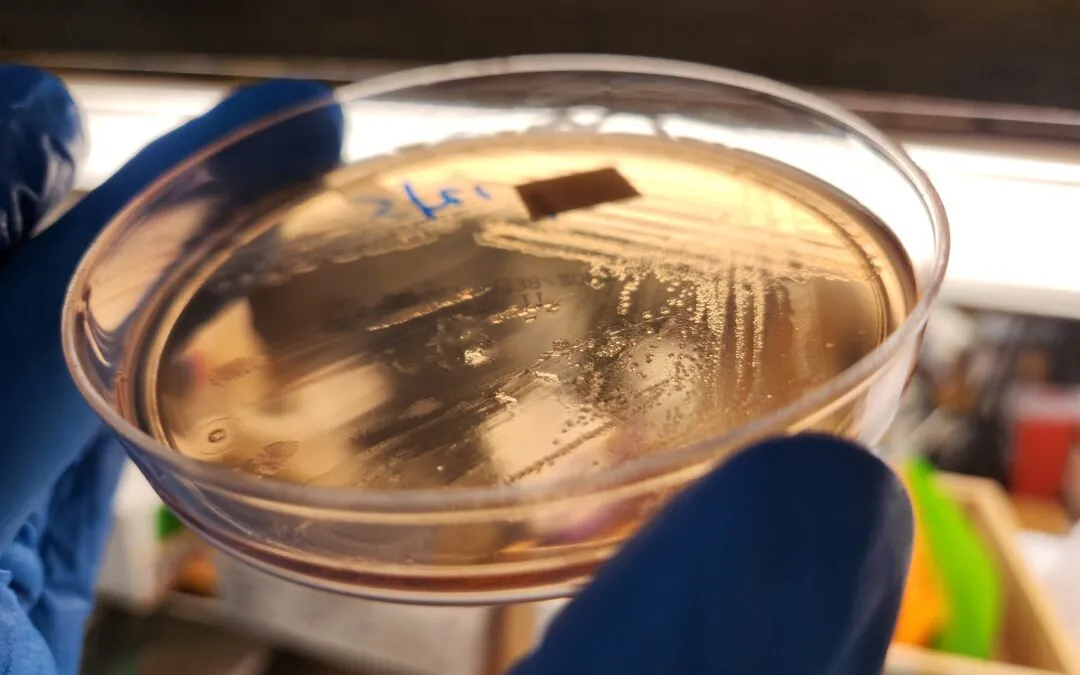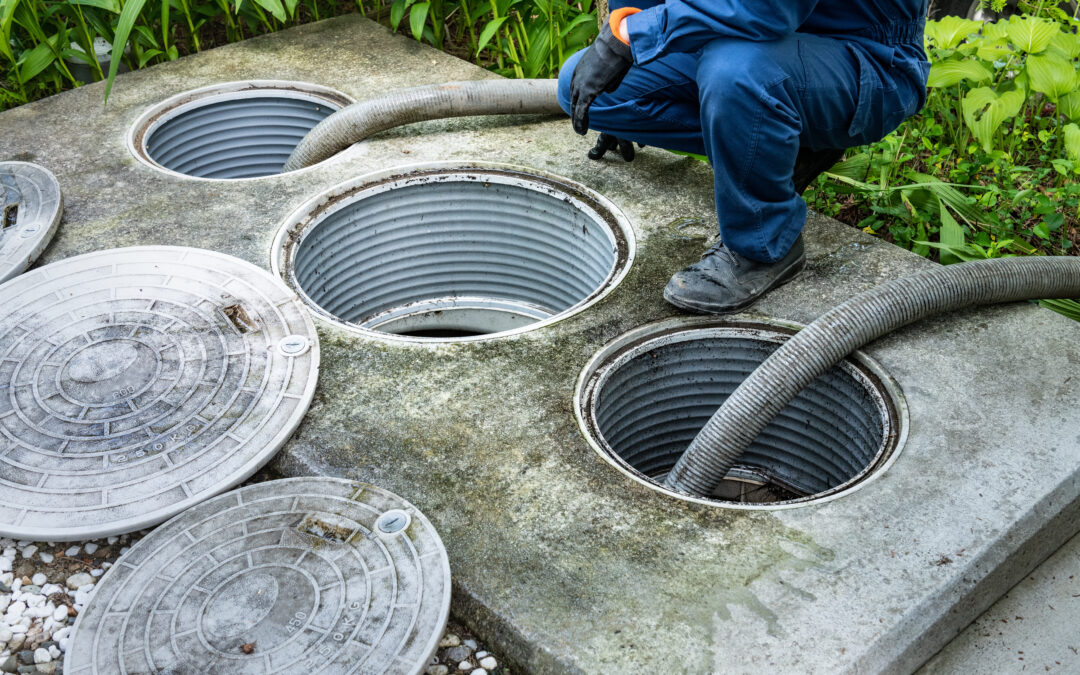 As consumers, we constantly search for a particular level of quality in everything we purchase. From toilet tissue, cleaning products, or microbial products, there is an expectation to deliver upon standards. Those standards are established through trust, and it’s incredibly important to uphold that trust to keep the customer coming back.
As consumers, we constantly search for a particular level of quality in everything we purchase. From toilet tissue, cleaning products, or microbial products, there is an expectation to deliver upon standards. Those standards are established through trust, and it’s incredibly important to uphold that trust to keep the customer coming back.
MDG is passionate about delivering a product that meets that high and personal standard. A standard we achieve each time through our trusted processes and quality control (QC) testing.
Compatible ingredients such as preservatives, dyes, surfactants, and fragrances are recommended from a list of stability tested ingredients guaranteeing a two-year shelf life. Once an existing or newly formulated product is created, its blended and the SPECs (specifications) are tested via our quality control lab. SPECS such as the effective amount of bacteria for the application, factors that prevent spoilage (pH and preservatives), and making sure there are no unwanted organisms such as pathogens present in the final product. The SPECS are essential to consider the level of quality when QC checks a concentrated Bacillus product, see below:
- CFU: AKA, CFU/g or ‘Colony Forming Units’ per gram. This value represents the actual number of culturable cells in a gram of material. This SPEC is at the top of the list because the CFU or “count” drives the monetary value of the product.
- Color: A couple of different considerations here. Most liquid batches of Bacillus deliver an off-white to tan concentrate. However, there are strains that may provide a hue that can be darker (reddish brown, brown or grey). The level of turbidity should also be considered, especially when the further formulation is required. When setting your specs, consider how this may affect the visual characteristic of your final product, and if darker strains are acceptable. In liquid concentrates, customers often require dyes and fragrances. It is important to determine the hue as well as the intensity of the hue when establishing a color SPEC.
- Odor/Fragrance: As with odor, there are a couple things to consider here. Most Bacillus products emit an earthy, moss-like odor. Keep in mind that this is a natural organism with a natural odor, and some may not find it favorable. Take the time to experience this characteristic, as alterations can be a signal for off-SPEC product. When you experience an odor of “rotten eggs,” or other objectionable aroma, it is advised to get your product tested. In liquid concentrates, customers often require a specific fragrance. It is important to determine fragrance type and intensity when establishing this SPEC.
- pH: In liquid products, it is advised to maintain the pH at a neutral level or optimal shelf life.
- Others: In addition to the crucial SPECs above, many customers may require supplementary characteristics in their products. A few of these include:
- Specific gravity (liquids) or density (powders)
- Viscosity (when there is interest in a “thicker” type of liquid)
- Solubility
- Surfactants as needed
To learn more about our quality control, listen to MDG’s Quality Control Manager Ben Clark in MDG: The Podcast Quality Control with Ben Clark.
To learn more about the SPECS for your wastewater or I&I products contact us through our wastewater department https://www.mdgbio.com/wastewater-contact/ or I&I department https://www.mdgbio.com/industrial-institutional-contact/









